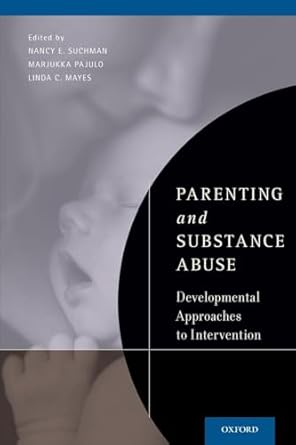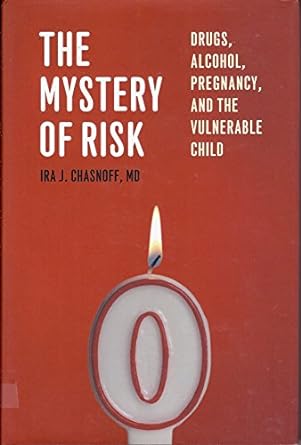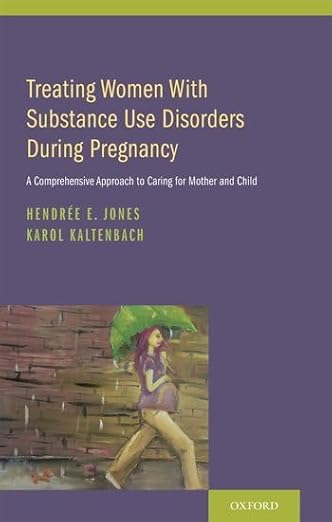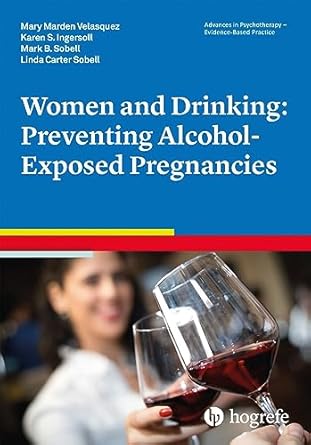Alcohol and Pregnancy
Prenatal exposure to alcohol (beer, wine, or hard liquor) is the leading cause of preventable birth defects and developmental disabilities.
Alcohol exposure during the first trimester, maybe even before someone knows they are pregnant, can cause major birth defects. Later in the pregnancy, drinking alcohol can cause poor fetal growth and brain damage that could lead to learning and behavioral issues.
You can find related information under Prenatal Substance Exposure and Fetal Alcohol Spectrum Disorders.
From Our Collection
How Much Alcohol Consumption is Too Much During Pregnancy?
There is no known safe amount of alcohol to drink during pregnancy. Any amount of alcohol can harm the developing fetus. If you are trying to get pregnant or think you may be pregnant, it is best to stop drinking alcohol.
What If Someone Who is Pregnant is Unable to Stop Drinking Alcohol?
They can get help by contacting their healthcare provider and/or local alcohol and drug treatment center. Support groups, such as Alcoholics Anonymous, or Smart Recovery, or recovery coaches, can also be helpful.
Fathers and/or current partners can play a big part in helping their spouse or partner remain alcohol free during pregnancy. Family, friends and other support systems can also play a positive role.
The Child Abuse Prevention and Treatment Act (CAPTA) was originally enacted in 1974 and reauthorized in 2010 to include a policy requiring states to implement a notification process to DCF when a baby is born who has been prenatally exposed to substances. The Comprehensive Addiction and Recovery Act (CARA) was signed into federal law in 2016, with the aim to address the problem of opioid addiction in the United States and offered amendments to CAPTA.
Recent changes to federal legislation around the Child Abuse Prevention and Treatment Act (CAPTA) and Comprehensive Addiction Recovery Act (CARA) have outlined new state mandates requiring data collection around the impact of substance exposed infants and development of plans of supportive care nationwide. In CT, effective March 15, 2019, hospitals are now required to submit a notification to the Department of Children and Families CAPTA Notification Portal at the time of the birth event when an infant is believed to have been substance exposed and/or displays withdrawal symptoms.
Source: CDC. 2024, May 15. About Alcohol Use During Pregnancy. Retrieved from https://www.cdc.gov/alcohol-pregnancy/about/index.html on November 24, 2024.




